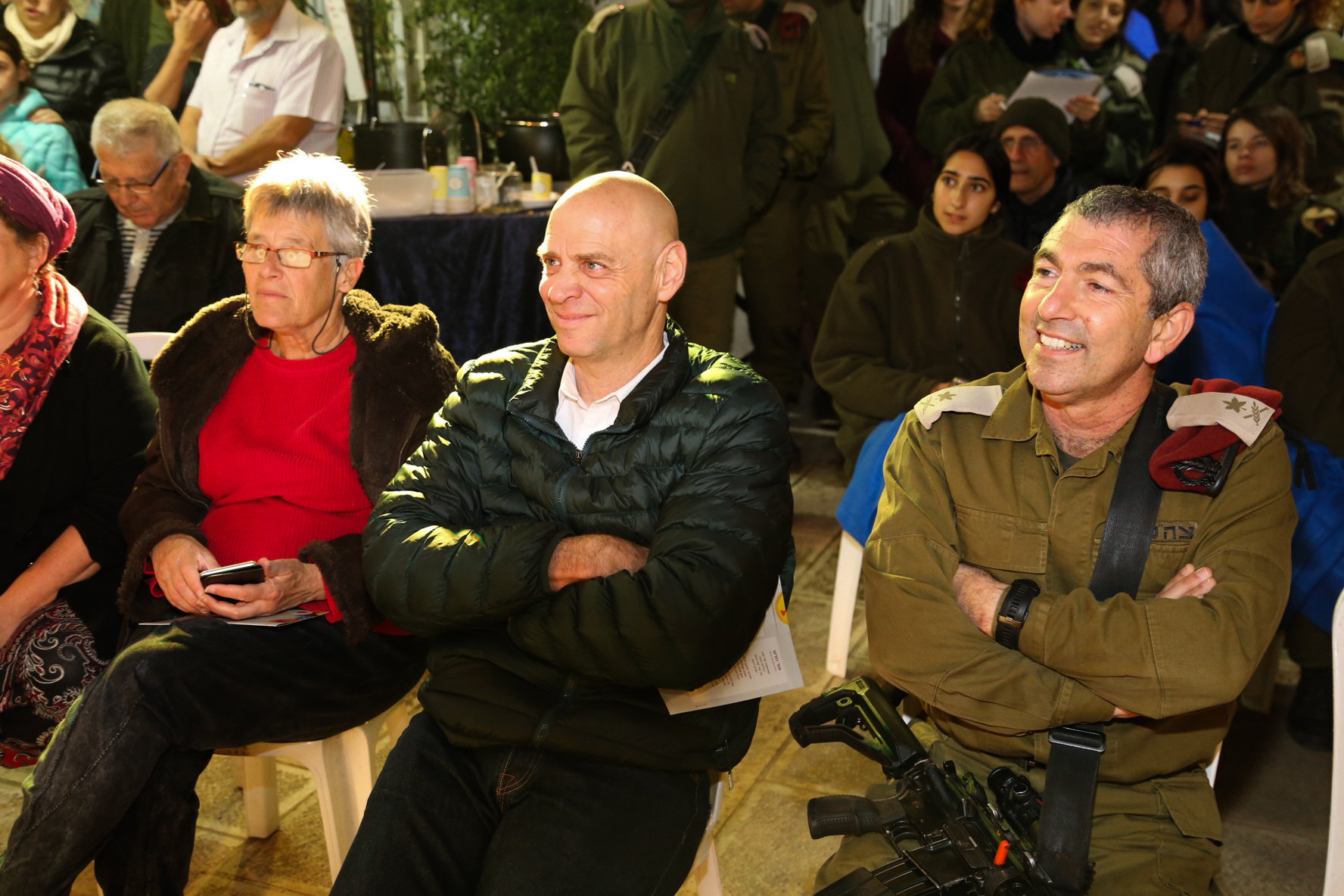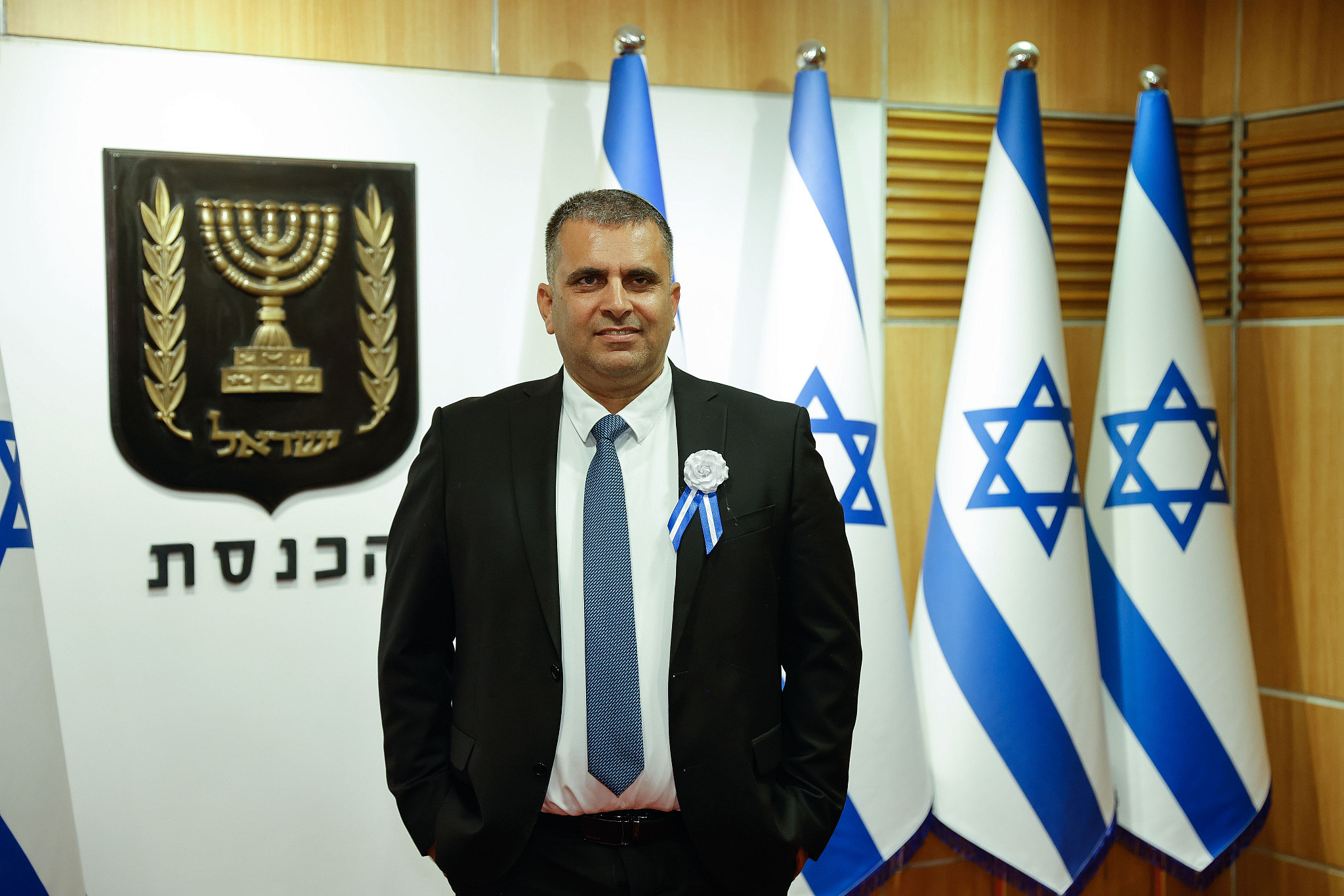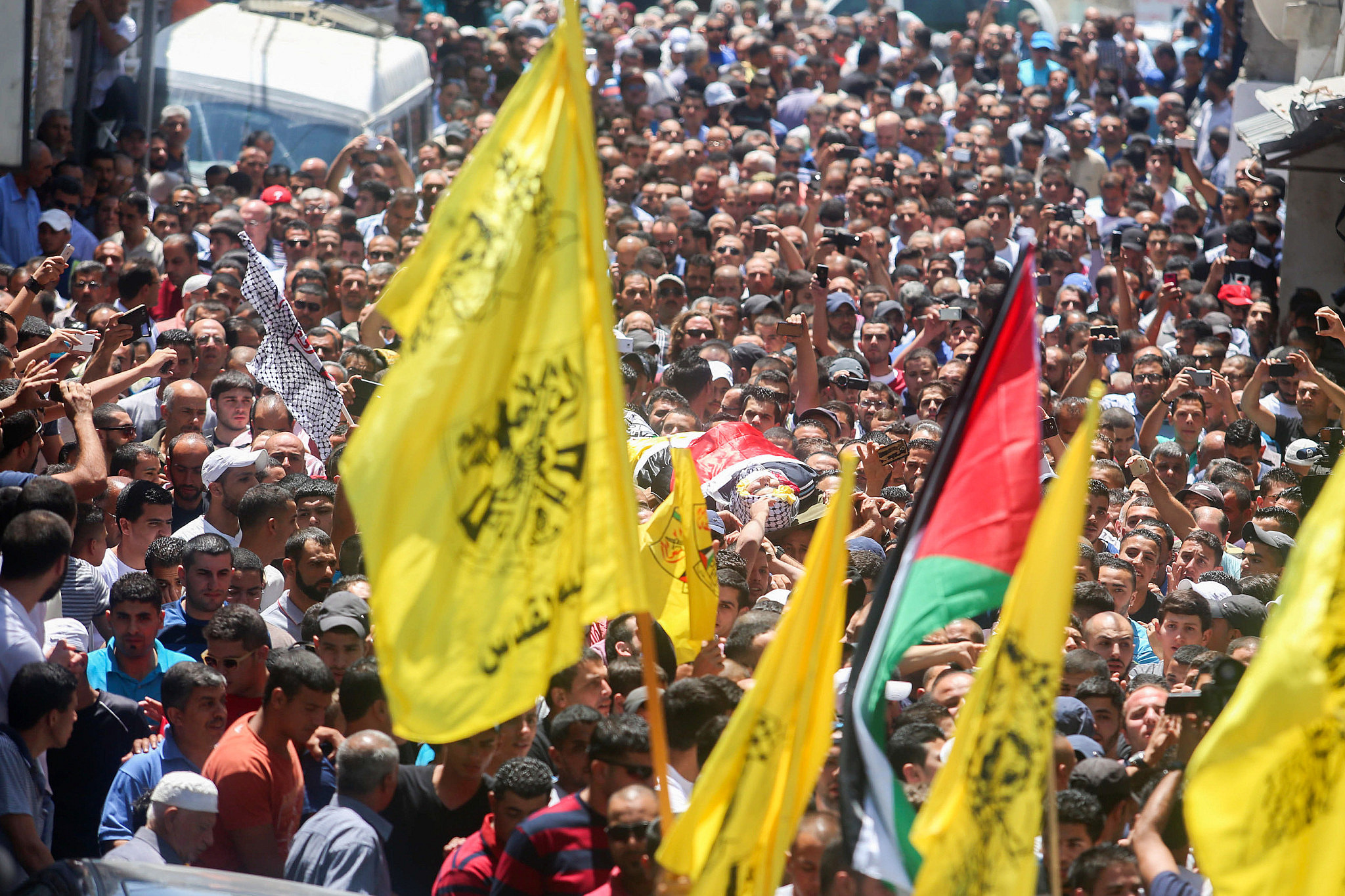This is a decisive week in the Israeli government’s attempt to restrict the power of the judiciary, as the High Court prepares on Tuesday to hear petitions against the law abolishing the so-called “reasonableness standard” that passed in the Knesset in July. Amid the ongoing fallout from the passage of the law, which limits the High Court’s power to overturn certain government decisions and appointments, some members of the opposition — adamantly against all parts of the coalition’s judicial overhaul — have argued that it threatens to expose Israeli soldiers to prosecution overseas.
This argument maintains that because the law demonstrates that Israel is no longer able or willing to prosecute its soldiers in domestic courts for human rights violations and other similar crimes — a situation that, even before the passage of the law, was vanishingly rare — they now risk being charged in international courts.
Nor is it just opposition MKs who are clamoring against the legislation. Roni Numa, a reserve major general in the Israeli military, is one of several petitioners who have requested that the High Court strike down the law for fear, he said, of “the risk it posed to soldiers and to everyone at the heart of operational action in every arena.”
Believing members of the army, the Shin Bet, the Mossad, and the police to be under threat, Numa warned: “Challenging the standing and independence of the judicial and investigative system in Israel significantly increases the risk of the international justice system intervening in what is happening in Israel, and thus endangers and exposes members of the security services to criminal proceedings outside Israel.”
What Numa omitted to mention is that, as the former head of the military’s Central Command — in other words, as the former commander of the military regime in the occupied West Bank — he was one of the people investigated for the killing of an unarmed Palestinian two decades ago. On Oct. 31, 2001 in the West Bank city of Tulkarem, Abdullah Jarushi, who posed no threat to the Israeli soldiers at the scene, was shot and killed by a sniper from the Paratroopers Brigade from a distance of around 2,000 feet as he started his car after leaving his sister’s house; a second bullet struck the wall of the house.

Roni Numa (R), head of the IDF Central Command, attends a Hanukkah ceremony at the Soldiers Corner in Gush Etzion junction, occupied West Bank, December 13, 2017. (Gershon Elinson/Flash90)
Despite obvious contradictions in Numa’s testimony during an investigation into the incident, the case was closed, and none of the soldiers involved were charged. Religious Zionist Party MK Ofir Sofer, one of the biggest proponents of the bill to abolish the reasonableness standard, was investigated alongside Numa for the killing.
Numa, who was then a battalion commander in the area around Tulkarem, claimed that soldiers called out to Jarushi to stop, but he started to run away and was shot. Yet the investigation uncovered a different sequence of events.
During his first interrogation, Numa claimed that he issued no order to shoot, and that the incident was an arrest attempt that went wrong. But after the snipers testified that they shot to kill, and after Sofer — who was the company commander at the time — testified that Numa authorized him to kill Jarushi, Numa changed his story and said it was “possible” that he authorized the killing. During his third interrogation, Numa returned to his original version of events, claiming once more that he had not given the order to shoot. Aviv Kochavi, then brigadier general of the Paratroopers Brigade and future IDF chief of staff, declined to investigate the incident.
During his own interrogation, Sofer testified that he “requested to neutralize [Jarushi] also by killing him,” but contradicted Numa’s claim that he, Sofer, had unilaterally decided on the “neutralization.” Throughout the investigation, it appeared that neither Sofer nor Numa understood why they were being interrogated, since, from their perspective, the shots had killed a terrorist.
After Jarushi was killed, it was claimed that he had been a regional treasurer for Hamas. This claim was never verified, and there was nevertheless no evidence that Jarushi had tried to attack the soldiers. Sofer testified that he had shot Jarushi from a distance, rather than trying to physically arrest him, because Jarushi’s son, then 13, was standing next to his father, and Sofer had thought he might be an armed security guard.
Sofer also said that Jarushi was holding a telephone with which — Sofer feared — he might order a shot, because a few days prior to the incident, he had seen a Palestinian parking in the area while talking on his phone, after which shots were fired at the soldiers. He added that Jarushi was driving a black Audi, and that he had seen cars of that kind during an incursion into the Tulkarem refugee camp, where he had encountered violent resistance.
Seven years later, in 2008, the chief military prosecutor’s office decided to close the case without indicting any of the soldiers. It offered three justifications: the statute of limitations had elapsed; the soldiers believed they were in danger [and were therefore acting in self-defense]; and the contradictions in Numa and Sofer’s testimonies, making it impossible for prosecutors to determine who had given the order to open fire.

Religious Zionist Party MK Ofir Sofer arrives at the Knesset for its opening session, Jerusalem, November 15, 2022. (Olivier Fitoussi/Flash90)
The Israeli human rights groups HaMoked and Yesh Din demanded that those responsible for the killing stand trial, and a petition by HaMoked and Jarushi’s family reached the High Court. However, the Court rejected the petition in 2013, owing to the agreement of the chief military prosecutor to justify closing the case. The deputy state attorney also found the prosecutor’s logic compelling.
Now, after the High Court protected him from domestic prosecution, Numa is asking it to protect him from overseas prosecution.
Covering up the crimes of the occupation
This is only one of the many examples of the High Court’s complicity in covering up extrajudicial executions and other unjustified killings by soldiers. In 2020, for example, the Court rejected a petition to prosecute Yisrael Shomer, an Israeli army officer, over the 2015 killing of a Palestinian teenager. Shomer did not stand trial, despite numerous inconsistencies in his testimony.
Officials initially announced that Mohammed al-Kasbeh, a 17-year-old Palestinian boy, had thrown stones at an Israeli guard’s vehicle, and the guard responded by opening fire in response. Shortly thereafter, video footage from a nearby gas station revealed that al-Kasbeh had in fact been shot after a chase, not in response to his alleged stone-throwing. Shomer said he had feared for his life because al-Kasbeh “turned around and was holding something,” although nothing was found on the ground afterwards. Additionally, one of the bullets was found in al-Kasbeh’s back, meaning he had been shot while facing away from Shomer, and could not have been endangering him.

Mourners carry the body of Mohammed Sami al-Kasbeh, 17, during his funeral in Qalandiya refugee camp, near Ramallah, occupied West Bank, July 3, 2015. (Flash90)
Shomer also claimed during his interrogation that he had abided by the proper procedure for arresting a suspect. The military advocate general accepted this version of events, and determined that Shomer had, in accordance with protocol, aimed at al-Kasbeh’s legs; because the suspect was running away, however, Shomer “missed,” and the bullets instead struck al-Kasbeh’s back, head, and shoulder. In reality, it is unlikely that Shomer would have missed three shots from a range of merely 65 feet. He also did not call for medical assistance, despite knowing that al-Kasbeh was, at a minimum, severely wounded.
In his decision to reject the appeal against closing the case against Shomer, Justice Hanan Melcer wrote: “Putting a commander on criminal trial after a lapse in judgment during operational activities in field conditions, even if there was a degree of negligence on his part, causes difficulty, and may … damage the public interest.” Melcer did not indicate how he thought the public interest might be harmed, and certainly not the Palestinian public from which al-Kasbeh hailed.
The High Court’s decision in this case safeguarded more than the freedom of Shomer alone. The district judge who recently acquitted the Israeli police officer who killed Iyad al-Hallaq, an autistic Palestinian man, in Jerusalem’s Old City in 2020 quoted from the Shomer verdict in justifying her decision. It was yet another grim example of Israel’s military regime spilling over inside the Green Line, courtesy of the High Court.
Most read on +972
Dozens of similar petitions have been rejected, including those against the army’s open-fire policy, which killed dozens of unarmed Palestinians along the Gaza border fence during the Great March of Return in 2018.
That the High Court covers up the crimes of the occupation is clear for all to see. For many, especially those in the security establishment, this is an essential feature, not a bug, of the Court’s role in society. Numa’s petition is but another reminder that Israeli military officers not only expect the Court to spare them from having to stand trial in Israel, allowing them to live with a clear conscience; now they expect the Court to intervene against the judicial overhaul to shield them from judgment in international courts.
A version of this article was first published in Hebrew. Read it here.
This post was originally published on this site be sure to check out more of their content.









